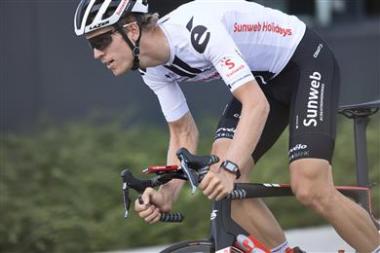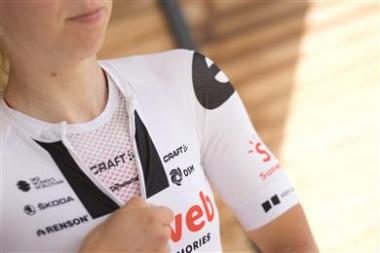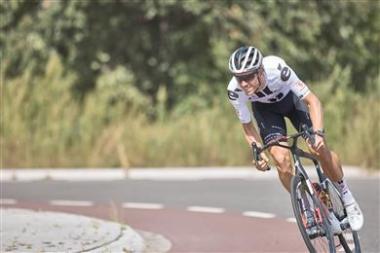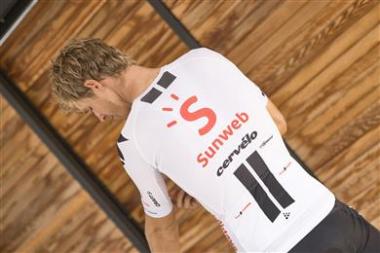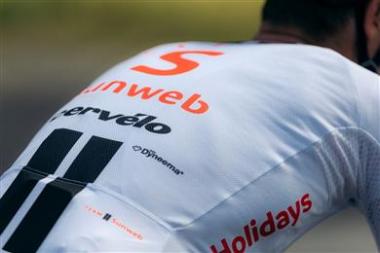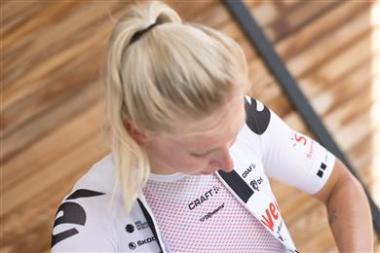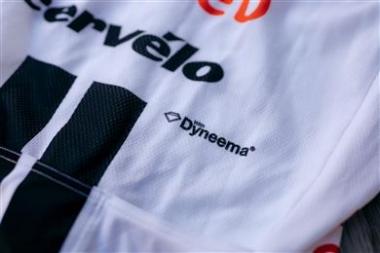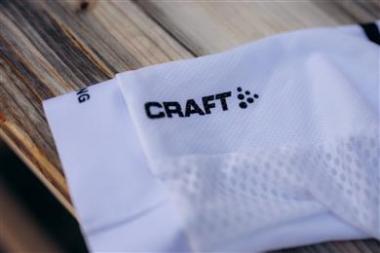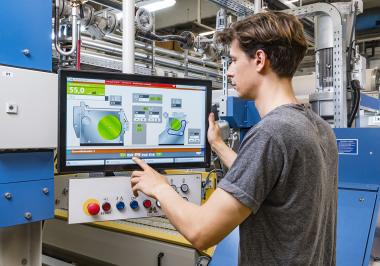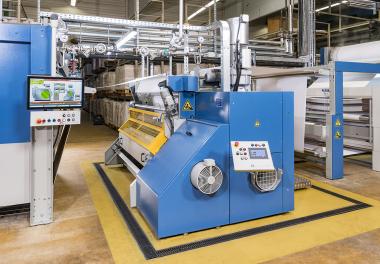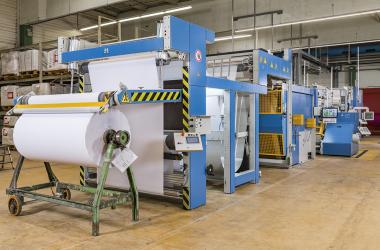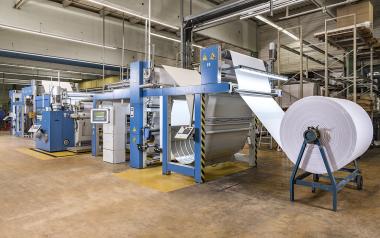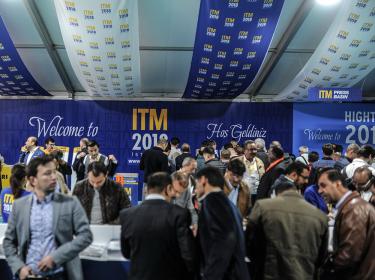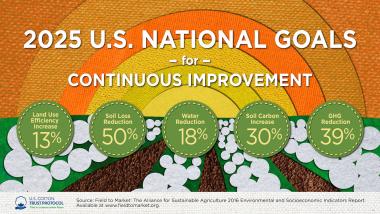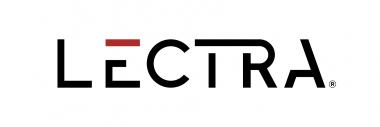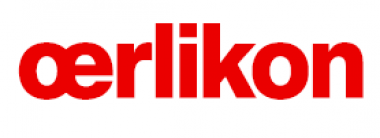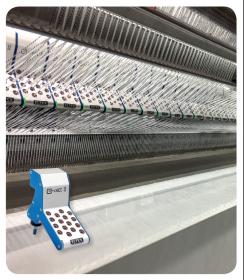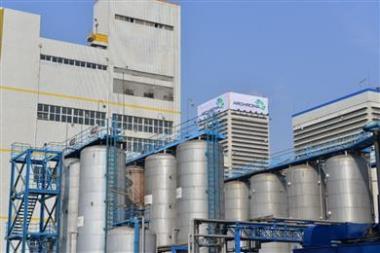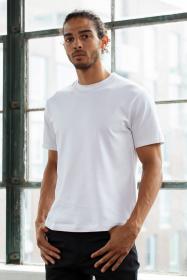DSM enables ground-breaking protective cycling jersey with Dyneema® fabric for Tour de France
Royal DSM, a global science-based company in Nutrition, Health and Sustainable Living, today announces that Dyneema® is driving the performance of Team Sunweb’s protective cycling jerseys in the 2020 Tour de France. Together with its partners, Team Sunweb and Craft Sportswear, DSM has helped to deliver a jersey that, when combined with a protective baselayer, offers cyclists effective abrasion protection at speeds up to 60km/h, while also reducing the severity of open wounds at even higher speeds. In this way, DSM underlines its commitment to protect people and the environment they live in.
Professional cycling places its participants in considerable danger; in recent years, the Tour de France has averaged 1.5 crashes per stage, while crashes in one-day classics are even more frequent. Cycling jerseys can support riders by enabling protection for a large portion of the body, while allowing for moisture transport to the surface and offering low thermal resistance. However, cycling jerseys made with conventional materials offer limited protective performance.
To address these needs and enable a safer riding experience, DSM has teamed up with Craft Sportswear and Team Sunweb to develop a cycling jersey that offers much-needed increases in abrasion resistance without compromising the comfort or low weight that cyclists demand. The new jersey is the latest protective cycling apparel solution, following the launch of the protective bib shorts (2015) and the protective baselayer (2019). The jersey will be worn for the first time by Team Sunweb in this year’s Tour de France. When combined with the protective baselayer, the new jersey offers complete protection against abrasions up to 60km/h, a speed below which professional cyclists spend 95% of race time in a typical stage.
Dyneema® has been used to protect workers in high-stake industries for more than 30 years – and the expansion into fabrics means both professional and recreational cyclists can enjoy the intrinsic performance capabilities of Dyneema® in their protective garments without sacrificing wearer comfort.
“Being 15 times stronger than steel on a weight for weight basis, Dyneema® fiber offers an excellent solution to increasing the abrasion resistance of a fabric, reducing the severity of road rash in case of a crash, without compromising the rider weight or comfort,” states Piet Rooijakkers, Head of R&D Team Sunweb “What’s more, the new jersey can form part of a modular protection solution, where riders can easily take off or put on layers according to race and weather conditions. In this way, the new jersey will support our riders significantly in the Tour de France and beyond.”
“The new cycling jersey with Dyneema® will make a real difference to cyclists facing the dangers of professional competition, and help ensure the health of both people and the environment,” states Wilfrid Gambade, President DSM Protective Materials. “The jersey is physical proof of the great achievements collaboration with expert partners can deliver. Moving forward, we will work with Craft and Team Sunweb to integrate bio-based Dyneema® fibers into protective cycling jerseys – contributing even further to a safe and healthy world!”
In line with its commitment to protect people and the environment they live in, DSM introduced the world’s first-ever bio-based HMPE fiber in May 2020. Bio-based Dyneema® fiber offers the same exact performance as conventional Dyneema® with a carbon footprint that is 90% lower than generic HMPE. The continued partnership between DSM, Craft and Team Sunweb will not only provide innovative, lightweight solutions for cyclists, but also environmentally sustainable alternatives that contribute to a circular economy.


